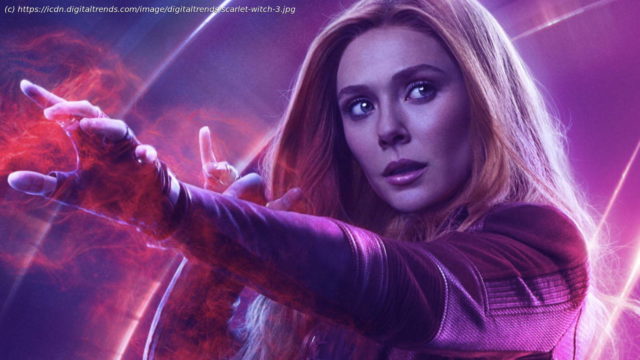Wanda Maximoff’s journey in the MCU has been full of ups and downs, but she has remained a compelling figure and arguably, the MCU’s best character.
In more ways than one, Doctor Strange in the Multiverse of Madness marks the ending of Wanda Maximoff’s MCU journey. First introduced in 2015’s otherwise forgettable Avengers: Age of Ultron, Wanda is unique among MCU characters: flawed, inexperienced, highly traumatized, and holding far more power than anyone should. Throughout seven years, five movies, and one television miniseries, Wanda grew and evolved; she fell in love against all odds and grew into her own hero, only to lose the love of her life and the reputation she worked so hard to earn; she built a family, then saw it fade away as quickly as it arrived. Wanda suffered more trauma, heartbreak, pain, loss, and damage than any other character in the otherwise cheery and safe MCU. Why the writers put her through hell and back remains unclear — tragedy seems so ingrained in Wanda Maximoff’s character that there might seem like there’s no other way to develop her — but she was strong enough to take it. And then, she wasn’t. The MCU gave Wanda things they’d eventually take away, then raised its voice at her for complaining. And Wanda took it like a champ, but as one Jasmine Francis once said, “there’s only so many traumas a person can withstand until they take to the streets and start screaming.” And boy, did Wanda scream and rampage. After seeing her contained for so long, the MCU started to truly unleash her power in the most recent years, starting with her memorable roles in Infinity War and Endgame and culminating with her volcanic turn in Multiverse of Madness. After all, with so much power and pain, can anyone blame her for letting loose? Does anyone in the MCU even care about her pain? “You break the rules and become the hero,” she tells Strange during one of their confrontations in Multiverse of Madness. “I do it, I become the enemy.” And no, it doesn’t seem fair. For years, the MCU seemed unsure of what to do with Wanda. How to treat her when the source material itself went back and forth with her characterization? The Wanda from the comics is volatile and full of surprises, not necessarily of the good kind. Her vast and, let’s say, flexible powers also make her something of a deus ex-machina, a way for writers to retcon any given situation without putting too much thought into it. Wanda’s erratic behavior is never fully explained either; sometimes it’s the Darkhold, sometimes chaos magic, other times grief, and often just her inherent mental instability. It’s no surprise that most of Wanda’s most memorable moments from the comics have a negative connotation. Whether it’s stealing Doctor Doom’s powers, investing the moralities of heroes and villains, or killing Scott Lang, Wanda’s presence often means trouble ahead. Her most defining moment, by far, is the creation of a new reality by uttering the now-iconic words, “No more mutants.” Wanda can shape worlds at will; she is a god for all terms and purposes. And just like the gods, she’s selfish, self-serving, empathetic and sympathetic but never innocent or tame. When Wanda arrived at the MCU, she was seemingly a villain. Working with Ultron and attempting to destroy the Avengers from within, Wanda played her mind games on the group only to realize how wrong she had been and do a full 180 on the third act; honestly, that’s just what the Wanda from the comics would do.






